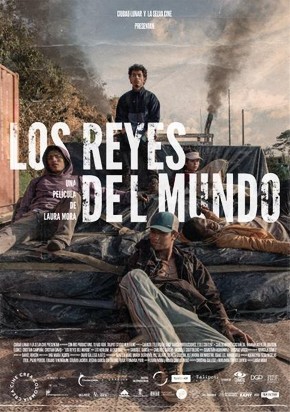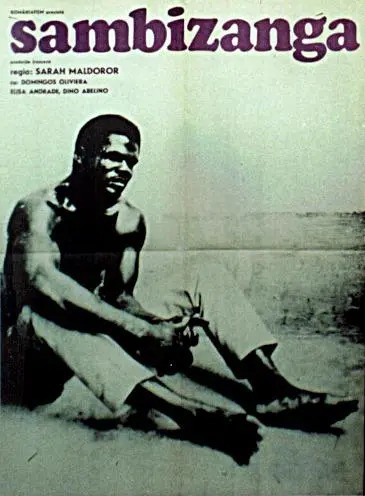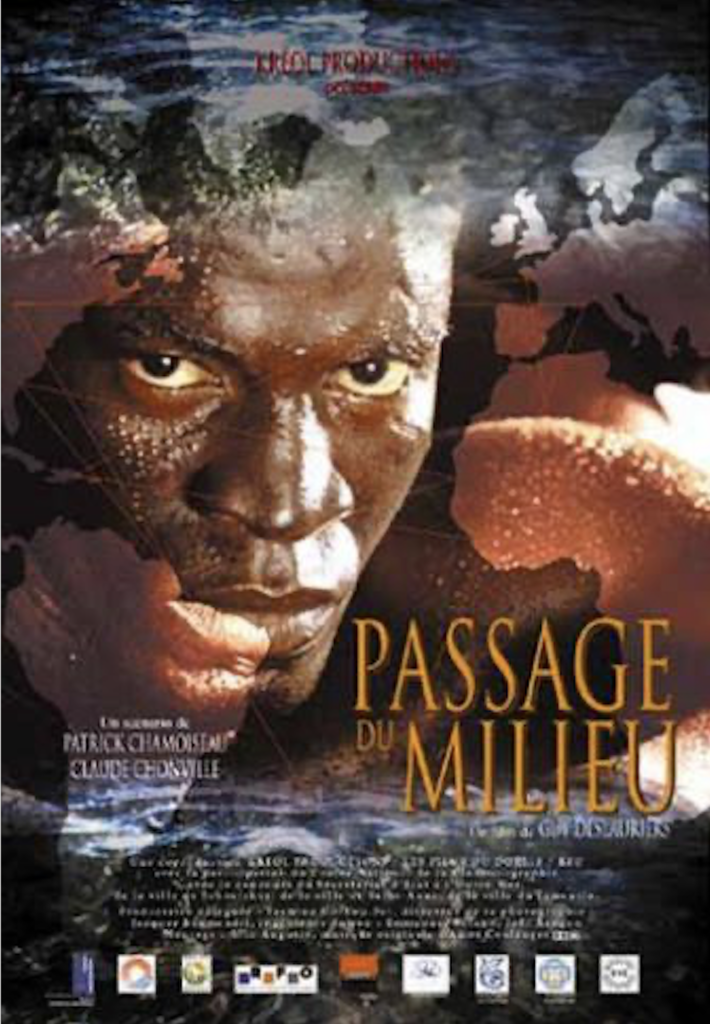
Since the change in 2015 of the management team at the Regional Council of Guadeloupe, the Fémi Festival which was the film meeting where international stars and local personalities paraded has lost its great splendor. It was even believed that this event of the 7th art would disappear from the cultural calendar of the archipelago. Finally, the Fémi still exists but with a smaller budget.
This year, the festival went unnoticed because of the decline in its notoriety but also because of carnival which monopolized media and public attention. But the 27th edition of the event took place to the delight of its loyal moviegoers.

It should be noted that the Fémi has adopted a “new format” this year, because there was no official selection or competition. The Caribbean was the region highlighted by the festival with : screenings of films by directors from the French West Indies and French Guiana, as has been the case for the past twenty years ; a screening of a classic film – this year, “West Indies ou les Nègres Marrons de la Liberté” by Med Hondo (1979) – in a session called “Heritage” which will be renewed in future editions ; the screening of two films from the official selection of Cinélatino 2022 (“The Kings of the World” and “Killing Jesus” by Colombian Laura Mora Ortega) held in Toulouse in order to anchor the Fémi in our geographical space, i.e. Latin America.
In addition, initiated in 2021, the tribute to Sarah Maldoror (real name Ducados) continued. Originally from Guadeloupe but born in France in 1929, she was the first filmmaker to make fiction feature films about black people in the early 1970s and died in 2020. Her film “Sambizanga” (1972) was shown during the opening ceremony of the Fémi, on Wednesday, January 25 at the Ciné-Théâtre of Lamentin.

During the closing ceremony, the Festival also honored Martinican director Guy Deslauriers by awarding him the Honor Trophy for all his work. During the five days of the festival, three of his films were presented to the public, namely “Césaire contre Aragon” (2017), “Passage du Milieu” (2000) and “Aliker” (2009).
The festival paid tribute to French writer Jeanne Fayard (died in December 2022) who was the Paris correspondent and advisor on literature and cinema of the Fémi, since 1992.
Finally, the Fémi organized conferences including “Sarah Maldoror, la Négritude au féminin” by Gérard Théobald (director) and “La Créolité dans les films de Guy Deslauriers” by Guillaume Robillard (doctor in cinematographic images).




